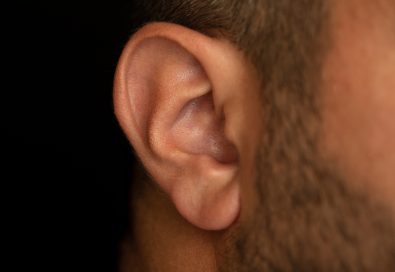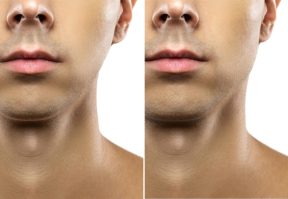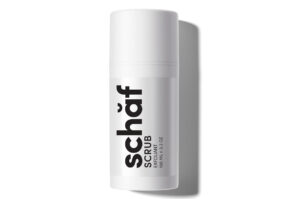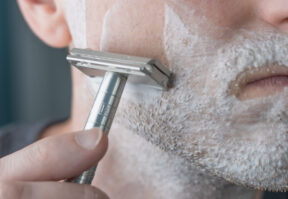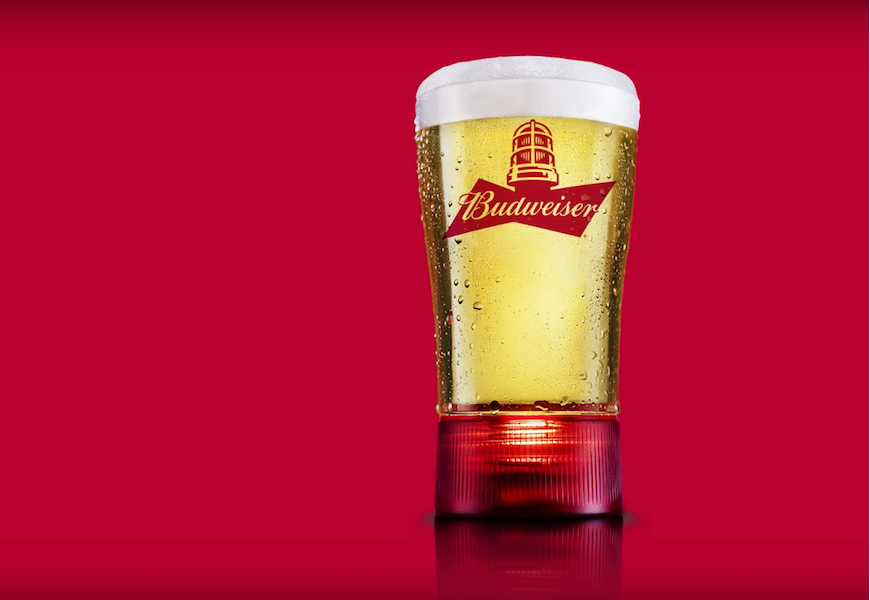In the quest for a better night’s sleep, people often explore a wide range of remedies, from weighted blankets to herbal teas. Recently, a new trend called “mouth taping” has emerged in the wellness community. This unusual practice is exactly what it sounds like: taping your mouth shut before bed. But why would anyone do this? And more importantly, does it actually help you sleep better? Let’s dive in.
What Is Mouth Taping?
Mouth taping involves placing a piece of specialized, skin-friendly tape over your lips before you go to sleep. The idea is to encourage nasal breathing throughout the night instead of mouth breathing. Proponents of mouth taping believe that nasal breathing is more beneficial for overall health, particularly for sleep quality.
Why Do People Mouth Tape?
The main rationale behind mouth taping is to promote nasal breathing. Here’s why it matters:
1. Improved Oxygen Uptake: Breathing through the nose has been shown to be more efficient for oxygen uptake. The nose filters, warms, and humidifies the air we breathe, making it easier for our lungs to absorb oxygen.
2. Reduced Snoring and Sleep Apnea: Mouth breathing is often associated with snoring and obstructive sleep apnea, a condition where breathing repeatedly stops and starts during sleep. By taping the mouth shut, some people aim to prevent these interruptions, potentially reducing snoring and mild sleep apnea symptoms.
3. Better Oral Health: Mouth breathing can lead to dry mouth, which is a risk factor for bad breath, tooth decay, and gum disease. By keeping the mouth closed, saliva production is maintained, protecting against these oral health issues.
Does Mouth Taping Actually Work?
While there are anecdotal reports and a few small studies suggesting potential benefits, there isn’t yet a robust body of scientific evidence to fully support the practice. Here’s what we know:
1. Limited Research: Research on mouth taping is still in its infancy. Some studies have explored its effects on snoring and mild sleep apnea, with mixed results. A small 2015 study found that mouth taping reduced snoring in participants with mild sleep apnea, but the sample size was too small to draw definitive conclusions.
2. Individual Differences: Not everyone may benefit from mouth taping. People with certain medical conditions, like severe obstructive sleep apnea, nasal congestion, or allergies, may find mouth taping ineffective or even uncomfortable. It’s always best to consult with a healthcare professional before trying mouth taping, especially if you have underlying health issues.
How to Try Mouth Taping Safely
If you’re curious about mouth taping, there are a few steps to ensure you do it safely:
1. Use the Right Tape: Don’t use duct tape or any other kind of adhesive that isn’t designed for skin contact. Look for specialized mouth tape made of hypoallergenic materials that are gentle on the skin and easy to remove.
2. Start Slowly: If you’re new to mouth taping, start by trying it for short periods while you’re awake. This helps you get used to the sensation and ensures you can breathe comfortably through your nose.
3. Monitor Your Body’s Response: Pay attention to how your body reacts. If you experience difficulty breathing, anxiety, or discomfort, discontinue use immediately and consult a healthcare professional.
The Bottom Line
Mouth taping is an emerging sleep trend that aims to promote nasal breathing, potentially improving sleep quality, reducing snoring, and benefiting oral health. However, it’s not a one-size-fits-all solution, and the scientific evidence supporting its effectiveness is still limited. If you’re considering trying mouth taping, it’s important to consult with a healthcare professional, especially if you have existing medical conditions.
Ultimately, whether mouth taping can help you sleep better may depend on individual factors and preferences. As with many wellness practices, what works for one person may not work for another.




